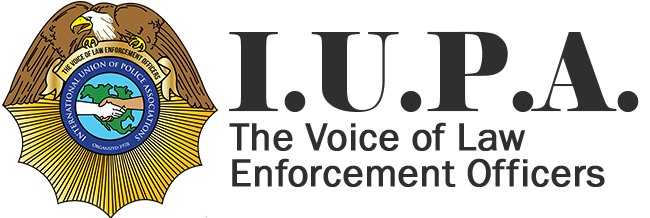Public employees have good reason to have job security concerns.
Although Florida passed a law in 2017 allowing the use of medical marijuana, the same statute that provides for its use makes clear that it neither modifies nor excludes an employer’s right to a drug-free workplace program or policy. § 381.986(15), Fla. Stat. Many public employers have adopted a drug-free workplace policy, and all drugs listed in the drug-free workplace statute are prohibited in drug-free workplaces.
According to Florida Statutes § 112.0455(5)(a), “‘[d]rug” means alcohol, including distilled spirits, wine, malt beverages, and intoxicating liquors; amphetamines; cannabinoids; cocaine; phencyclidine (PCP); hallucinogens; methaqualone; opiates; barbiturates; benzodiazepines; synthetic narcotics; designer drugs; or a metabolite of any of the substances listed herein.” Marijuana, aka. cannabinoids, is listed among the drugs prohibited by the drug-free workplace statute.
Although the law has changed in Florida to allow the use of medical marijuana for debilitating conditions, it remains unlawful to use or test positive for marijuana in a drug-free workplace. Naturally, any employer may permit such use, but there is no obligation in law to do so.
Testing for drugs is authorized on the “reasonable suspicion” of substance abuse but may also result from a follow-up to an employee’s participation in a counseling or rehabilitation program. Drug tests may also be performed within a medical examination triggered by an employee’s worker’s compensation claim. Discipline or discharge is generally authorized for employees who test positive. State agencies are also authorized to conduct random drug testing of employees at specified intervals. Employees are randomly selected by a computer-generated sample administered by an independent third party. No more than ten percent of each agency’s workforce may be tested every three months. § 440.101 et seq., § 112.0455, Fla. Stat.
“Reasonable suspicion drug testing” means drug testing based on a belief that an employee is using, or has used, drugs in violation of the employer’s policy, drawn from specific objective and articulable facts. It can also be based on reasonable inferences drawn from those facts, in light of experience. Reasonable suspicion drug testing may not be required, except upon the recommendation of a supervisor who is at least one level of supervision higher than the immediate supervisor of the employee in question. Among other things, such facts and inferences may be based upon:
- Observable phenomena while at work, such as direct observation of drug use or of the physical symptoms or manifestations of being under the influence of a drug.
- Abnormal conduct or erratic behavior while at work or a significant deterioration in work performance.
- A report of drug use, provided by a reliable and credible source, which has been independently corroborated.
- Evidence that an individual has tampered with a drug test during employment with the current employer.
- Information that an employee has caused, or contributed to, an accident while at work.
- Evidence that an employee has used, possessed, sold, solicited, or transferred drugs while working or while on the employer’s premises or while operating the employer’s vehicle, machinery, or equipment.
- 112.0455(5)(k), Fla. Stat.
As a result, there is no available employment accommodation for what is deemed illegal drug use, even though an employee’s marijuana may be prescribed and supervised. Many disabilities can be reasonably accommodated by an employer, but marijuana need not be one of the employer’s accommodations, even if it is a physician’s recommendation.
An employee who tests positive under the Drug-Free Workplace Act may lose their employment. However, if a positive test arose from the legal use of prescription medication, the employee may offer the prescription to the medical review officer (MRO) in an attempt to render the test result negative. For employers who operate under drug free workplace rules, court opinion has deemed it lawful to terminate employees who test positive for marijuana, even when such use is prescribed and supervised.
Florida law has not defined whether medical marijuana may be considered a prescription medication under the Drug-Free Workplace Act.
Currently, a prescription “includes any order for drugs or medicinal supplies which is written or transmitted by any means of communication by a licensed practitioner.” § 893.02(24), Fla. Stat. In the future, Florida or 11th Circuit courts could include medical marijuana within the purview of “prescriptions”, thereby allowing MROs to excuse employees from positive tests. Conversely, the courts may look to California’s Ross court or Washington’s Roe court, both of which sided with employers by upholding the right to terminate employees whose medical marijuana use conflicted with drug-free workplace policies, even though a prescription made such use lawful under state criminal law.
Additionally, an employer may deny a worker’s compensation claim if, during a WC medical exam, an employee has either refused to take a drug test or has tested positive.
Finally, to the surprise of most employees, marijuana traces can appear in a urinalysis test up to a month after consumption and with hair follicles, even longer depending on the employee’s metabolism rate and the quantity or potency of the marijuana ingested. Since this fact is little known, unions should share this cautionary advice with employees.








Get Social